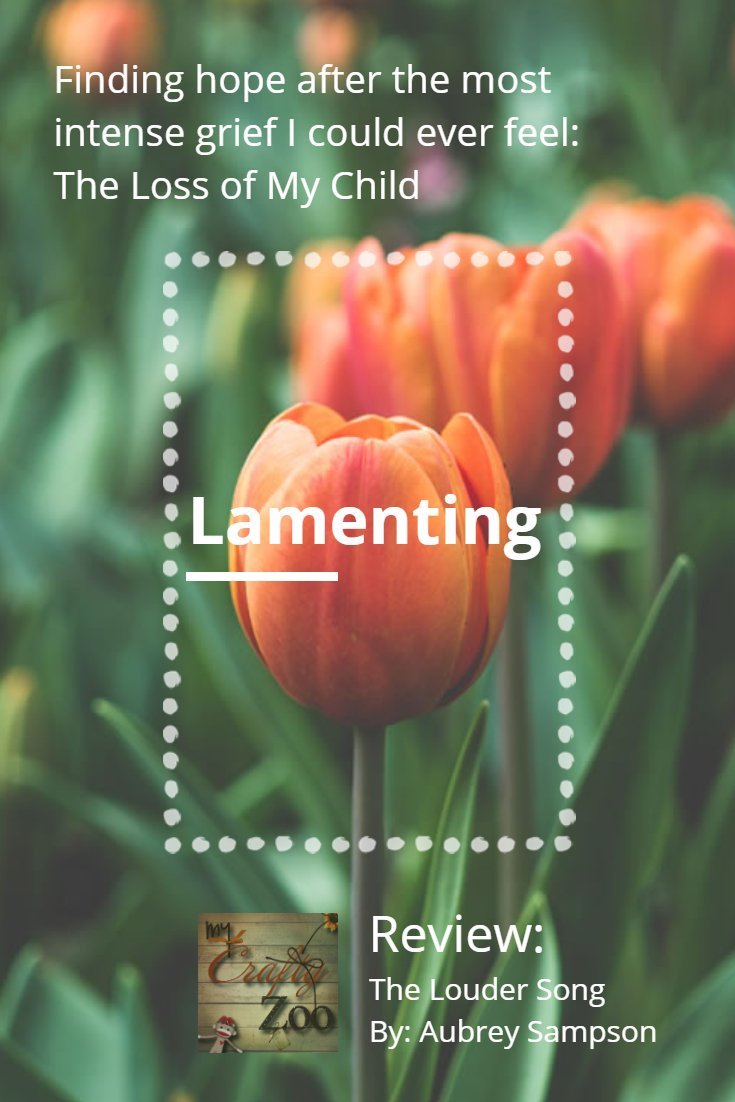How Hobbies Can Benefit Your Health
 The Centers for Disease Control and Prevention (CDC) defines “mental health” this way: “a state of well-being in which the individual realizes his or her own abilities, can cope with the normal stresses of life, can work productively and fruitfully, and is able to make a contribution to his or her community.
The Centers for Disease Control and Prevention (CDC) defines “mental health” this way: “a state of well-being in which the individual realizes his or her own abilities, can cope with the normal stresses of life, can work productively and fruitfully, and is able to make a contribution to his or her community.
Practicing a hobby achieves every one of those mental health goals. Let’s go over them one by one.
Mental health:
· “[is] a state of well-being in which the individual realizes his or her own abilities …” When you take up a hobby, whether it’s knitting, woodcarving, gardening or even just walking the dog, you’re doing something that you get better at over time. You can see the changes in your ability to accomplish your hobby, which makes you feel good and increases your self-esteem. Your knitting goes from being too loose or too tight to being just right. You have the confidence to challenge yourself with increasingly more intricate and difficult patterns. Your end result goes from a crooked scarf to a beautiful sweater. It takes time, but it’s worth it.
· “[the individual] … can cope with the normal stresses of life …” Practicing a hobby is a great stress reliever. It can’t make problems go away, but by distracting your mind from dwelling on them—particularly the kind of problems that you can do little about—you allow it to rest and relax. The mind-body connection is so intertwined that by resting your mind with a hobby you enjoy—maybe even love—your body relaxes too. And often, taking your mind off troubles for a while can let your subconscious mind find the creative solution to them you’ve been looking for.
· “[the individual] … can work productively and fruitfully …” Practicing a hobby project that has a clear beginning and end is immensely satisfying. If your hobby is carving ducks, for instance, the challenge of transforming that plain block of wood into a sculpture that showcases the quiet, glowing beauty of the shaped and finished wood, the beauty of the duck in nature, and your mastery of your craft gives you confidence in your ability to be productive and fruitful, not only with your hobby, but in your life in general.
· [the individual] … is able to make a contribution to his or her community.” Practicing your hobby, even when it’s one that you only practice at home, can allow you to contribute to your community in several ways. Using the duck example again: procuring the wood for your project may take you into the community and give you opportunities to talk with others about what you’re planning. You may make some new friends in the process. Once you’ve finished the carving, you can display it in your home or show it at the local co-op art gallery you volunteer at a couple times a month. You might sell your duck carving there or, to help with a local cause, donate it for sale at a fundraising auction. Any of these things make you an active contributor to your community at large.
Your hobby can also have a beneficial effect on your physical health. Again, this is true because the mind has such a profound effect on the body. When we’re happy with ourselves, or challenged in an intriguing way, we feel better, even if we’re physically ill or limited by chronic pain. And doing a hobby—using our hands, concentrating, enjoying ourselves—calms and focuses the mind, and contributes to our overall well-being.
The best thing of all about hobbies is that there are so many to choose from. Anyone can take up a hobby and reap the benefits in both mind and body.
Leslie Vandever is a professional journalist and freelance writer. Under the pen-name “Wren,” she also writes a blog about living well with rheumatoid arthritis called RheumaBlog (www.rheumablog.wordpress.com). In her spare time, Vandever enjoys cooking, reading and working on the Great American Novel.
References:
· Do Something You’re Good At. (n.d.) Mental Health Foundation. Retrieved on February 13, 2014
· Mental Health Basics. (2011, July 1) Mental Health. Center for Disease Control and Prevention. Retrieved on February 13, 2014
· Dich, D. Hobbies and Mental Health. (n.d.) All Things Depression: Strategies for Anxiety, Depression, Stress and Anger. Retrieved on February 13, 2014




How true! Hobbies are so good for our mental health and general well being.
Most definitely! I have noticed it so much more acutely since we’ve been holed up in a hotel (going on 6 weeks now). All of my hobby stuff is packed up in boxes and it’s killing me! I’m really starting to go crazy without those outlets!